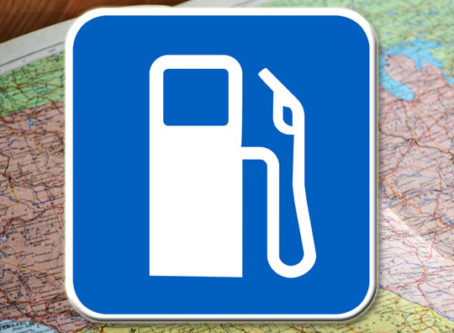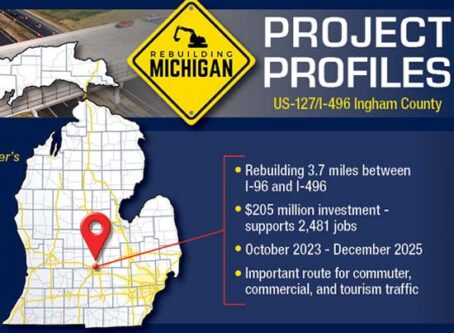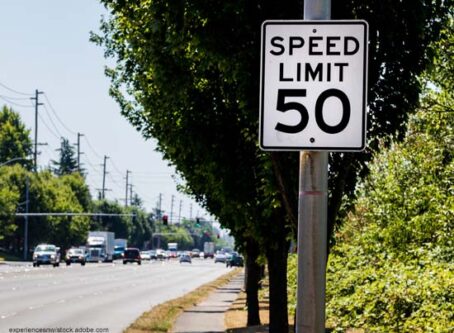Alabama bill addresses use of license plate readers
One Alabama state lawmaker has filed a bill for consideration during the upcoming regular session that addresses the use of automatic license plate readers. The devices typically are mounted on police vehicles, road signs or traffic lights to track certain drivers’ movements.
Background on the technology
High-tech cameras to capture the date, time and location that scanned vehicles passed are used in some capacity by about 600 local and state police departments and other state and federal agencies, according to the American Civil Liberties Union. Private business, such as repossession companies and vehicle insurance companies, also use the technology that can capture about 1,800 images per minute.
The technology of license plate readers is not without flaws. Conditions that include bad weather, poor lighting, dirt on plates, and even background colors can result in false matches.
To date, at least 16 states have enacted rules relating to the use of license plate readers. Among the group, there are six states to place restrictions on government or law enforcement use of the technology. There are eight states that limit how long data can be kept, and four states specify that data is exempt under public records laws.
Arkansas, Maine, and New Hampshire also prohibit private use of readers, with limited exceptions.
Growing concerns about license plate readers
Critics say use of the scanners amounts to warrantless searches.
Additionally, they point out that the technology no longer is limited to law enforcement agencies. Private businesses offer video surveillance software for customers to read license plates.
Rekor Systems Inc., a Maryland-based company, is nearing the release of a mobile app that will allow users to scan license plates on their smartphone camera.
The company says its software could be used for uses that include installing a camera next to a fuel pump to scan vehicle license plates to streamline transactions.
Supporters say the scanners used by law enforcement agencies are not intended to infringe on peoples’ privacy. Others say one of the benefits of private use of the technology is to enhance the “customer experience.”
Alabama law
Alabama law does not prohibit the use of license plate readers, or license plate scanners, by law enforcement agencies in the state.
Agencies can use the technology to determine the ownership of a vehicle, the mileage or route traveled by a vehicle, the location or identity of a vehicle, or the identity of the occupants in the vehicle.
The technology recently was used to aid law enforcement in apprehending a man charged in the shooting death of a 71-year-old Birmingham woman.
Senate Bill 2
Sponsored by Sen. Arthur Orr, R-Decatur, the bill would allow law enforcement to use scanners on public highways for the investigation of a criminal offense or activity initiated by a law enforcement agency.
SB2 would permit law enforcement agencies throughout the state to exchange or share captured data from license plate readers. The bill also establish procedures for data exchanges or sharing.
Captured data destroyed within 30 months of collection, unless the data is related to a toll violation or the subject matter for a law enforcement purpose.
In addition to law enforcement, the bill would also authorize boards of education to have access to the technology.
Private business use of the technology is not covered in the legislation.
SB2 awaits consideration in the Senate Transportation and Energy Committee once the regular session convenes in February. LL
More Land Line coverage of news from Alabama is available.









